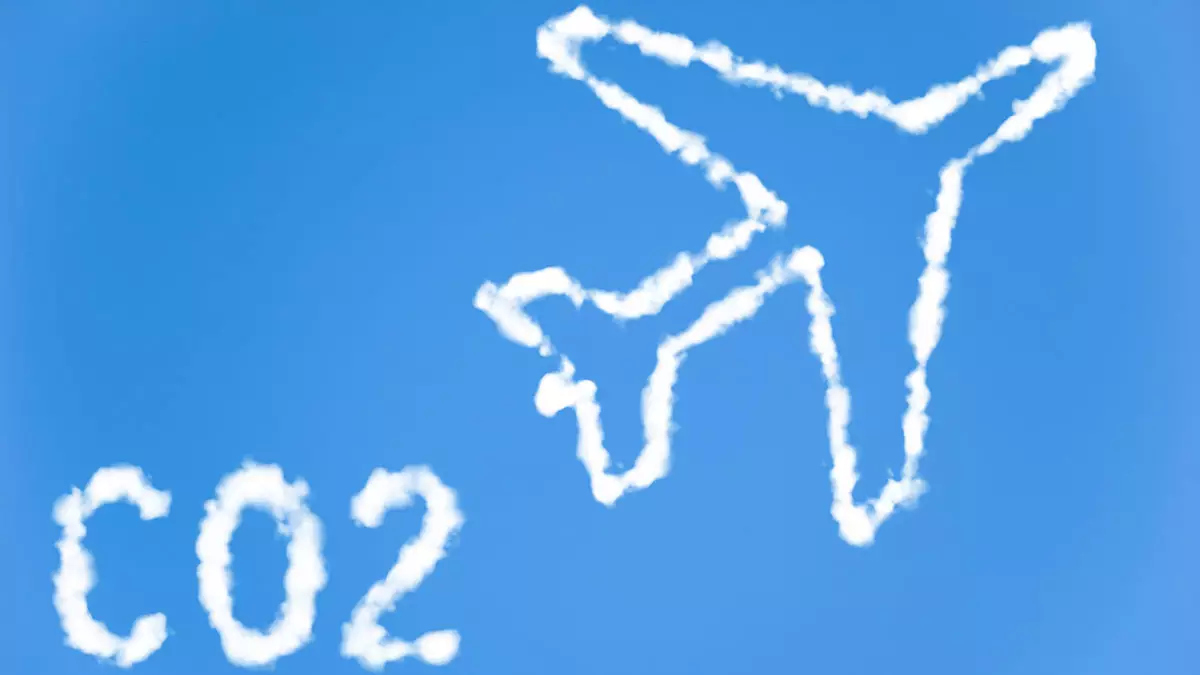The Treasury Department has finalized guidance for an ethanol-based sustainable aviation fuel (SAF) tax credit program aimed at incentivizing SAF production and usage. The program offers tax credits ranging from $1.25 to $1.75 per gallon to fuel producers and air carriers for SAF sales and consumption. In order to qualify for the tax credit, SAF must achieve a lifecycle emissions reduction of at least 50% compared to traditional kerosene-based jet fuel, with additional credits available for greater reductions.
The Treasury’s guidance introduces a new methodology for determining lifecycle emission benefits, focusing on rewarding producers of corn- and soy-based ethanol for farming and refining practices that reduce emissions and promote carbon sequestration. Producers engaging in Climate Smart Agriculture practices such as no-till farming, cover crop planting, and energy-efficient fertilizer use will benefit from this new approach. Farmers will need to adopt all three practices to qualify for the lifecycle emissions reduction bonus.
The changes made by the Treasury update the GREET system, developed by the Department of Energy, used for calculating lifecycle emissions. Environmental groups have advocated for the use of a methodology developed by the United Nations’ International Civil Aviation Organization, which treats indirect land-use changes more strictly than GREET. These groups prefer SAF production to focus on inputs such as forestry residue, garbage, used cooking oil, and waste fat to minimize indirect consequences.
The Environmental Defense Fund issued a cautious statement in response to the new guidance, emphasizing the importance of scientific accuracy in decision-making. They expressed concerns about the potential implications of the new methodology on emissions reduction. The Renewable Fuels Association also voiced a desire for additional lower-carbon fertilizer products and farming practices to be included in the emissions credit criteria.
The SAF tax credit program, which began last year, is set to expire on December 31 but allows for credits to be claimed for previously produced fuel. Starting in 2025, a new tax credit program involving SAF and other transport fuels will be implemented until 2027. The Treasury Department plans to conduct further modeling work to establish new criteria for this program. The Biden administration has a target of achieving 3 billion gallons of SAF production annually by 2030 to comprise 10% of aviation fuel consumption in the U.S.
The ethanol-based sustainable aviation fuel tax credit program offers incentives for SAF production and usage while promoting emissions reduction. The revised methodology for determining lifecycle emission benefits has sparked debate among environmental groups, fuel producers, and policymakers. Moving forward, continued collaboration and refinement of criteria will be essential to achieve the program’s goals and support sustainable aviation practices.

